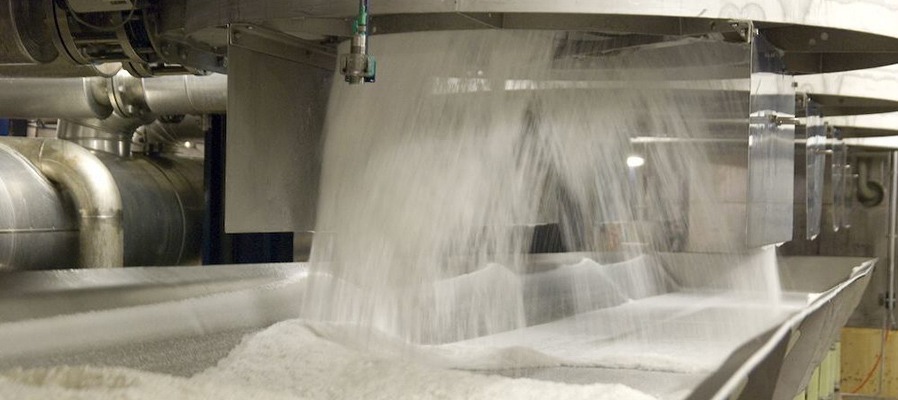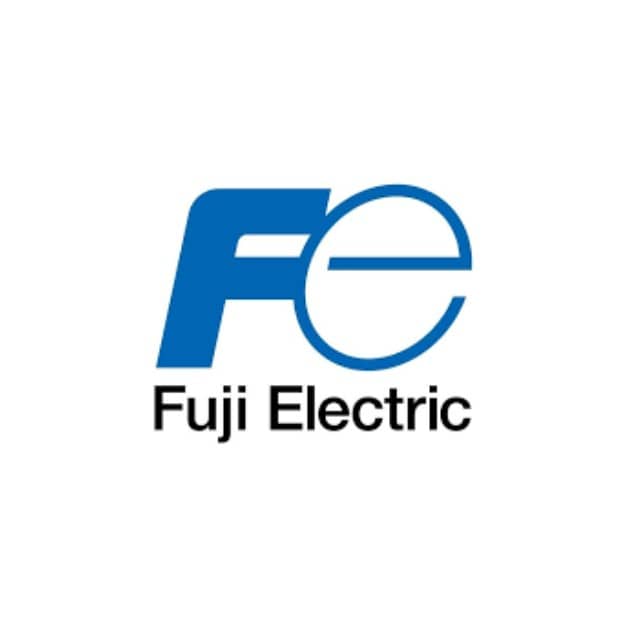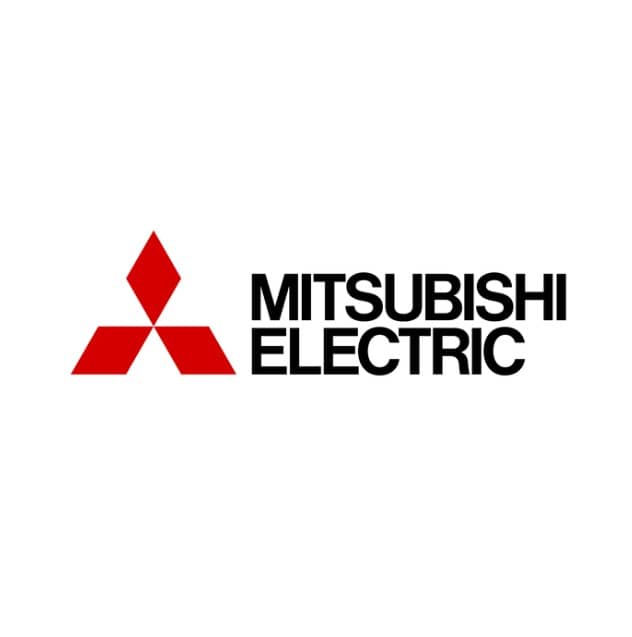- Home
- About Us
-
-
- Technoshot HMI
- Frenic Mini – Power Supply Voltage 1- Phase 200VAC
- Frenic Mini – Power Supply 3- Phase 400VAC
- Frenic Mega 3-Phase 400VAC Low Duty
- Frenic Mega 3-Phase 400VAC Heavy Duty
- Solar Mini- I Phase 200VAC
- Frenic Solar Mini – 3 Phase 400VAC
- Frenic Ace – GBLM3
- Frenic-eHVAC
- Frenic Ace High Performance Inverter 3-Phase 400VAC
- Frenic Lift Elevator Inverter 3 Phase 200VAC
- Frenic Lift Elevator Inverter 1 Phase 200VAC
- Vechi Electric
- Mitsubishi
-
- Projects
- Blog
- Contact
Sugar Mill Automation

Automation Solution for Sugar Mill
We are most prominent manufacturer of electrical control panels for sugar mill from 2010. Our speciality in sugar mill for trunkey electrical projects along with ethanol factory automation and instrumentation.
Sugar mill automation involves implementing automated systems and technologies to optimize and control various processes within a sugar manufacturing plant. This includes automating tasks like cane feeding, crushing, juice clarification, evaporation, crystallization, sugar drying, and packaging. The goal is to improve efficiency, reduce manual intervention, enhance product quality, and ensure consistent operations throughout the sugar production cycle.
Electrical Turnkey System:
An electrical turnkey system refers to a comprehensive solution where a single contractor takes complete responsibility for all aspects of an electrical project, from initial design and engineering to procurement, installation, testing, commissioning, and handover. The client receives a fully functional electrical system ready for operation, minimizing their involvement and risk. This often includes power distribution, motor control centers, lighting, instrumentation, and safety systems.
Sugar mill automation and electrical turnkey systems offer a wide array of benefits that significantly enhance efficiency, productivity, and profitability in the sugar industry. Let’s break them down:
Benefits of Sugar Mill Automation:
Automation in sugar mills involves the use of advanced control systems, sensors, and software to monitor and regulate various stages of sugar production, from cane crushing to sugar crystallization and packaging.
Increased Productivity and Throughput:
Continuous Operation: Automated systems can run 24/7 without breaks, significantly increasing the volume of sugarcane processed and sugar produced.
Optimized Speeds and Loads: Automation ensures optimal mill speeds, cane feed rates, and constant loads on preparatory devices, preventing bottlenecks and maximizing crushing capacity.
Reduced Downtime: Predictive maintenance, enabled by real-time monitoring, anticipates equipment failures, allowing for proactive repairs and minimizing unplanned stoppages.
Enhanced Energy Efficiency and Cost Savings:
Optimized Resource Usage: Automated systems regulate energy-intensive processes, like boilers and evaporators, ensuring only the necessary amount of energy is consumed.
Steam and Power Savings: Constant juice flow, controlled maceration, and efficient use of bagasse as fuel for cogeneration lead to significant reductions in steam and power consumption.
Waste Heat Recovery: Integrated automation can incorporate heat recovery systems, further improving energy efficiency.
Reduced Fuel Costs: More efficient burning of bagasse and optimized boiler operations directly translate to lower fuel expenses.
Improved Product Quality and Consistency:
Precise Control: Automation allows for precise control over process parameters like juice pH, temperature, and concentration, leading to more consistent and higher-quality sugar.
Minimized Human Error: Automated systems reduce the potential for errors that can occur with manual operations, ensuring greater accuracy and reliability.
Better Sugar Color: Stable juice flow and pH control contribute to a better color in the final sugar product, which can command a higher price.
Reduced Operational Costs:
Lower Maintenance: Constant and optimized loads on machinery reduce wear and tear, leading to fewer breakdowns and lower maintenance costs.
Reduced Labor: While not eliminating the need for human operators entirely, automation can reduce the reliance on manual labor for repetitive tasks, allowing the workforce to focus on more complex activities.
Reduced Raw Material Waste: Improved cane measurement accuracy and optimized processes minimize waste throughout the production cycle.
Data-Driven Decision Making and Optimization:
Real-time Data: Automation provides continuous, real-time data on various process parameters, offering valuable insights into plant performance.
Predictive Analytics: Advanced analytics and AI can leverage this data to predict demand fluctuations, anticipate crop yields, and optimize production schedules.
Improved Management Control: Managers gain access to relevant information in real-time, enabling prompt and informed decision-making to minimize losses.
Enhanced Environmental Sustainability:
Reduced Emissions: Energy-efficient processes and optimized fuel consumption contribute to a lower carbon footprint.
Water Conservation: Automated maceration and efficient water usage lead to significant water savings.
Waste-to-Energy: Automation facilitates the efficient use of bagasse for cogeneration, turning a byproduct into a valuable energy source.
Benefits of Electrical Turnkey Systems:
An electrical turnkey system in the sugar industry means a single supplier is responsible for the entire electrical infrastructure project, from design and procurement to installation, testing, and commissioning, handing over a fully functional system.
Simplified Project Management:
Single Point of Responsibility: The client deals with only one contractor, simplifying communication, coordination, and accountability. This reduces the complexity of managing multiple vendors and subcontractors.
Reduced Administrative Burden: The turnkey provider handles all aspects of the project, freeing up the client’s internal resources.
Cost and Time Efficiency:
Fixed Pricing: Often, turnkey contracts come with a fixed price, providing financial clarity and predictability, and reducing the risk of cost overruns due to unforeseen issues.
Faster Project Execution: A single, integrated team working on all phases of the project leads to streamlined processes, reduced delays, and quicker project completion.
Bulk Purchasing: Turnkey suppliers can leverage their purchasing power to secure materials and equipment at competitive prices.
Expertise and Quality Assurance:
Specialized Knowledge: Turnkey providers possess specialized expertise in designing and implementing electrical systems for sugar mills, ensuring high-quality outcomes and adherence to best practices.
Seamless Integration: All electrical components and systems are designed to work together optimally, ensuring a smooth and efficient operation.
Consistent Quality Control: With a single entity responsible for the entire project, quality control measures are consistently applied throughout, ensuring a higher level of quality.
Reduced Risk:
Risk Transfer: A significant portion of the project risk (e.g., delays, cost overruns, defects) is transferred to the turnkey contractor, protecting the client from unforeseen liabilities.
Fewer Disputes: A unified contract with a single provider reduces the potential for disputes that can arise from miscommunication or conflicting responsibilities among multiple contractors.
Comprehensive Support:
Post-Installation Services: Turnkey solutions often include training for the client’s staff, ongoing maintenance contracts, and readily available spare parts, ensuring long-term operational efficiency.
Performance Monitoring: The supplier may also offer monitoring services to ensure the electrical system operates at maximum efficiency and recommend adjustments as needed.
In essence, both sugar mill automation and electrical turnkey systems work hand-in-hand to modernize sugar production, making it more efficient, cost-effective, and sustainable in a highly competitive global market.

Enquiry Form
Authorized Dealer




